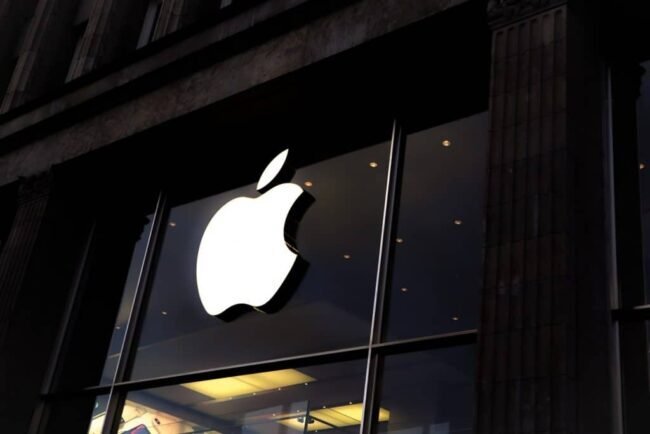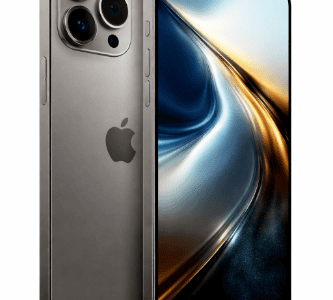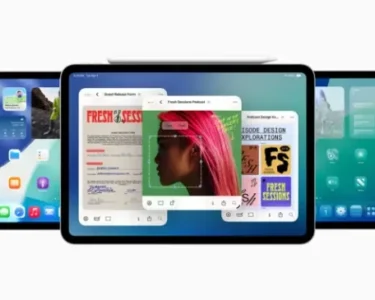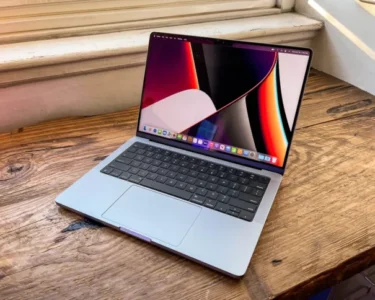Apple Lawsuit Against Jon Prosser: A Legal Showdown Over iOS 26 Trade Secrets
Apple has ignited a legal firestorm with a federal lawsuit against Jon Prosser, a well-known tech YouTuber, and Michael Ramacciotti, accusing them of stealing trade secrets related to iOS 26. The suit, filed in the Northern District of California on July 17, 2025, centers around unauthorized access to a development iPhone and the subsequent release of confidential Apple software information.
Apple Lawsuit Against Jon Prosser: The Core Allegations
The Apple lawsuit against Jon Prosser claims a highly coordinated effort to misappropriate confidential data from a pre-release version of iOS 26. At the heart of the issue is a development iPhone issued to Apple employee Ethan Lipnik. According to Apple, Ramacciotti, a friend of Lipnik, accessed the device using Lipnik’s passcode while staying at his apartment. He allegedly used location tracking to ensure Lipnik wasn’t home at the time.
Once inside, Ramacciotti reportedly made a FaceTime call to Prosser, during which he showcased unreleased iOS 26 features. Prosser, according to the complaint, recorded the call and created videos that reconstructed Apple’s confidential software for his Front Page Tech YouTube channel.
What iOS 26 Secrets Were Leaked by Jon Prosser?
The Apple lawsuit against Jon Prosser notes several key leaks that stemmed from the alleged breach:
- Camera App Redesign (January 2025): Prosser revealed a new, streamlined camera interface that simplified user interaction.
- Messages App Overhaul (March 2025): Leaks included design changes like round buttons and a revamped user interface.
- Liquid Glass Interface (April 2025): The most substantial leak featured glass-like design elements, pill-shaped tabs, and updated visual language—many of which later appeared in iOS 26.
Though some minor elements changed before the final iOS 26 release, the leaks were largely accurate and, according to Apple, gave competitors early insight into proprietary software designs.
Why Apple Filed the Lawsuit
The Apple lawsuit against Jon Prosser followed an internal investigation sparked by an anonymous tip received in April 2025. The company quickly identified Lipnik as a potential source and began piecing together the events that led to the leak.
Apple’s complaint makes several serious legal claims:
- Violation of the Defend Trade Secrets Act
- Breach of the Computer Fraud and Abuse Act
- Misappropriation of confidential business information
Additionally, Apple terminated Lipnik’s employment, citing his failure to properly secure the development device, even though he may not have directly leaked any data.
Monetizing Apple’s Secrets: YouTube Profits at the Center
A significant part of the Apple lawsuit against Jon Prosser is the accusation that Prosser monetized stolen trade secrets. Apple claims that:
- He used the footage to create YouTube videos that generated advertising revenue.
- Viewers identified Lipnik’s apartment in the background, further confirming the leak’s authenticity.
- The leaked information was distributed beyond YouTube to other third parties.
Prosser has since denied intentional wrongdoing, stating he was “unaware of the situation playing out” and refutes the notion of a planned scheme.
What Apple Wants from the Lawsuit
In this high-profile case, Apple is seeking substantial legal remedies, including:
- Injunctive relief to prevent further disclosure of confidential data
- Punitive and compensatory damages for financial and reputational harm
- Destruction or return of all confidential Apple materials
- Recovery of legal costs, including pre- and post-judgment interest
This lawsuit could result in a precedent-setting ruling if the court sides with Apple.
Why the Apple Lawsuit Against Jon Prosser Matters
This lawsuit could reshape how the tech world handles leaks and proprietary content. Here’s why it matters:
1. Setting a Legal Precedent for Tech Leaks
Apple’s aggressive legal stance may discourage other leakers from exploiting confidential information, especially when it comes from unauthorized sources.
2. Employee Responsibility
Apple’s termination of Ethan Lipnik highlights the gravity of securing development hardware—even passive negligence can lead to career-ending consequences.
3. Competitive Risk
Apple argues that early exposure of its trade secrets gave rivals insights that could derail years of R&D investments, creating an uneven competitive playing field.
Conclusion: Apple Draws a Legal Line in the Sand
The Apple lawsuit against Jon Prosser underscores a growing tension between the tech industry’s need for secrecy and the public’s hunger for early information. Whether Apple wins or not, the message is clear: tech giants will go to great lengths to protect their intellectual property—and anyone crossing that line may face serious legal consequences.







